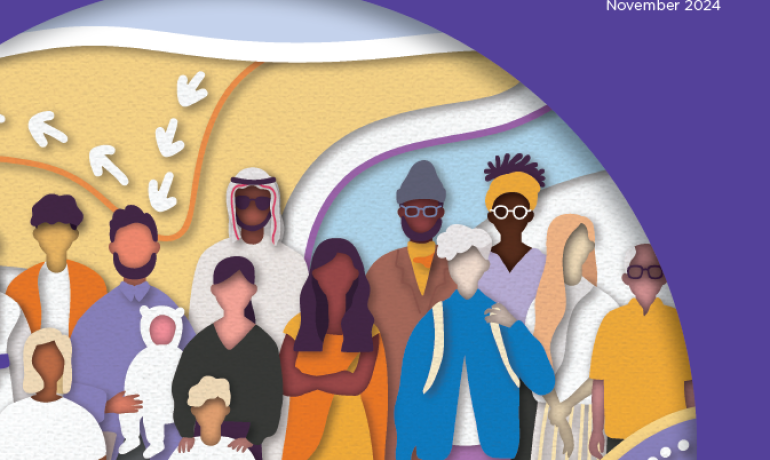
National Anti-Racism Framework
The Australian Human Rights Commission has launched a plan to develop a National Anti-Racism Framework. The Commission is working with all levels of Government, peak bodies, human rights agencies and community organisations to progress the Framework.


